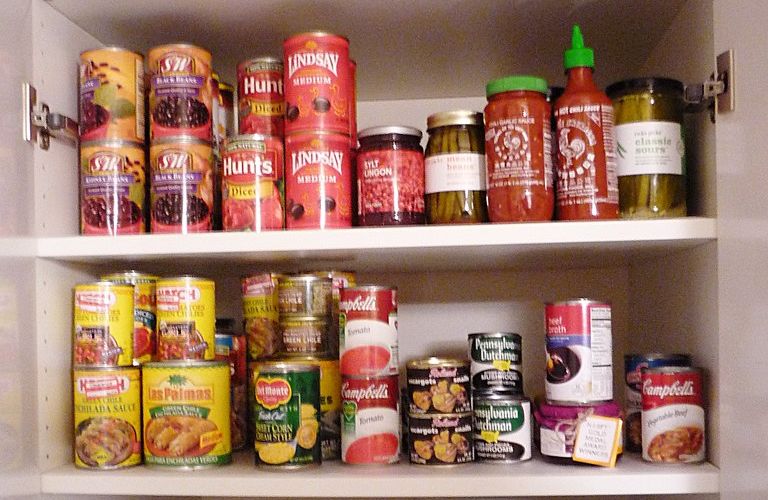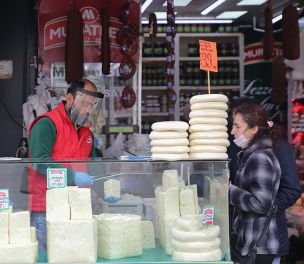Photo: Jeremy Noble/Flickr
Click to read the article in Turkish
The Sabri Ülker Foundation has released the findings of a survey it conducted with 600 people in 12 provinces as part of an international study aiming to identify consumers' approach to food and changing eating habits during the Covid-19 pandemic.
Accordingly, people have stockpiled pasta, legumes and flour, and have a snack more often
Here are some findings of the survey:
Purchase of bread, milk and cheese decreased
- The main food groups and the channels for the sale of these foods have changed. In the Covid-19 period, the rate of those who bought basic food items themselves decreased by 1.2 percent. The rate of those obtaining basic food items from public or municipal aid agencies increased by 1.6 percent.
- The proportion of those who bought fresh fruits and vegetables from local markets has decreased significantly.
- The proportion of those who prefer discount grocery stores has increased. The use of e-commerce sites has increased compared to before Covid-19.
- The frequency of purchasing fresh products such as bread, milk and cheese has dropped. There was no change in fresh fruits and vegetables, meat and fish and non-fresh foods.
- Due to the increase in the time spent at home during the pandemic, there has been an increase in the preparation of all meals at home from 75.2 percent before the pandemic to 90 percent.
- The highest increase was in snacks, from 17.2 percent before the epidemic to 42.5 percent.
- The rate of those who said they would never miss a meal has increased from 46.5 to 50 percent.
- While the rate of those who said that they ate bread every day before the pandemic was 48.7 percent, it has dropped to 43 percent.
- In this period, the consumption frequency of fresh fruits and vegetables, chocolate-sugar and cake-biscuits, fresh meat and fresh fish has increased.
People eat outside less than before
- The frequency of eating in places such as restaurants and cafes has also decreased.
- Street vendors have become less preferred eating spots during the Covid-19 period.
- More than 55 percent of participants said their food consumption and the money they spent on food had increased.
- The purchase of organic products has increased by nearly 40 percent.
- Fifteen percent of the participants stated that their food stocks had increased. The most stockpiled products were pasta, legumes and flour.
- About one in 10 people stated that there was a change in their general food behavior during the Covid-19 period. The most significant change in behavior has been "to disinfect food".
- There was a significant increase in the proportion of those who expressed concern about food supplies. (SO/VK)








